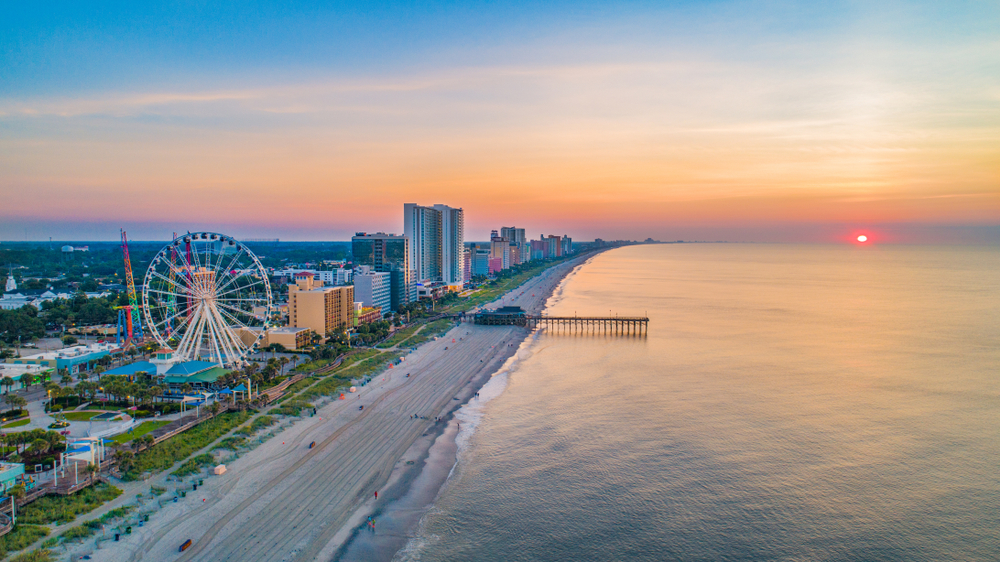
In May, this blog discussed Ani Creation, Inc. v. City of Myrtle Beach,* a case where the South Carolina Supreme Court upheld an ordinance that imposed a zoning overlay district intended to bolster the “family friendly” nature of Myrtle Beach’s historic downtown area. The ordinance targeted smoke shops and tobacco stores and the merchandizing of tobacco paraphernalia, products containing CBD, and sexually oriented material.
The opinion begins, “The City of Myrtle Beach (the city) is a town economically driven and funded by tourism.” The facts indicate that the city received frequent criticism from tourists and residents that the proliferation of smoke shops and tobacco stores repelled families from the area. The city passed a comprehensive plan that aimed at increasing tourism and concluded that all businesses needed to encourage and support a “family beach image”. The city passed an ordinance which created a zoning overlay district known as the Ocean Boulevard Entertainment Overlay District that encompassed the historic downtown area.
The prohibited uses in the district were declared immediately nonconforming when the ordinance was passed on August 14, 2018, but an amortization period was allowed which gave affected businesses until December 31, 2019, to cease the nonconforming portions of their businesses.
The zoning administrator issued citations to the nonconforming businesses. Nine of the 25 affected stories appealed to the Board of Zoning Appeals which found (1) it did not have jurisdiction to declare the ordinance unconstitutional; (2) it could not grant a use variance because it would allow the continuation of a use not otherwise allowed in the district; and (3) the businesses were engaged in one or more of the prohibited uses. On appeal, the circuit court affirmed the Board’s opinion, finding the appellants’ 25 grounds for challenging the ordinance meritless. The businesses appealed directly to the South Carolina Supreme Court.
The appellants raised a “host” of constitutional and procedural challenges, all of which fell on deaf ears at the Supreme Court. The Court held that the ordinance was a valid exercise of the city’s police powers. According to the Court, municipal governing bodies clothed with authority to determine residential and industrial districts are better qualified by their knowledge of the situation to act upon such matters than are the courts, and they will not be interfered with in the exercise of their police power to accomplish their desired end unless there is a pain violation of the constitutional rights of the citizens.
The Appellants petitioned for a rehearing and in an opinion re-filed on June 28, the court again affirmed the Court of Appeals.
A comment on the Dirt Listserv said, “S. Carolina is OK with cancel culture after all.” A store selling sexually oriented materials was removed from Garners Ferry Road in Columbia (about three miles from my house) using similar legal arguments. I was delighted to see that store torn down before I had to explain it to my grandchildren! But I do understand the “cancel culture” argument. What do you think?
*South Carolina Supreme Court Opinion 28151 (April 19, 2023, Re-filed June 28, 2023)

